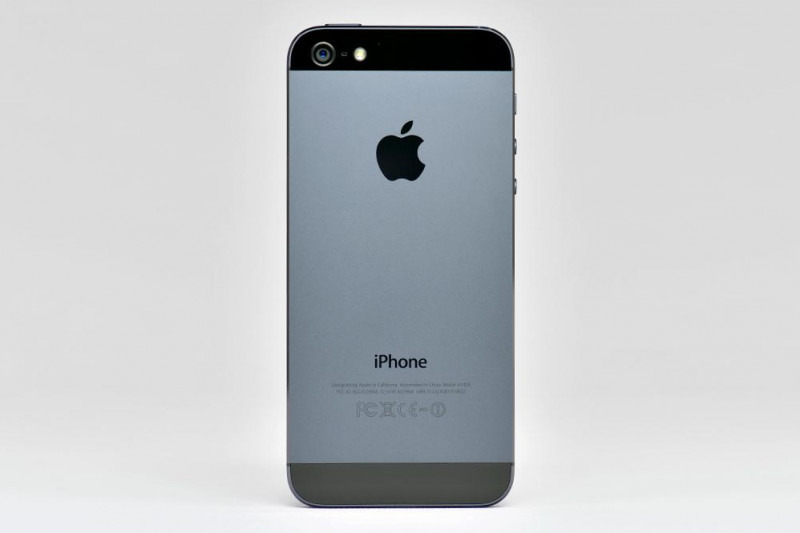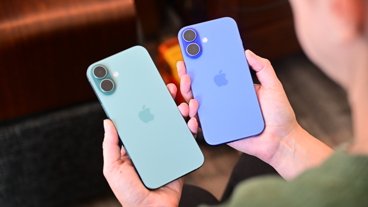A Florida man accused of voyeurism can be forced to share the passcode of his iPhone 5, the state's Second District Court of Appeals ruled this week, potentially challenging established interpretations of the Fifth Amendment.
The suspect, Aaron Stahl, originally gave verbal consent for police to search his iPhone for photos, but withdrew it before sharing his passcode, Courthouse News said. Police obtained a warrant for the phone, but were still unable to access its contents — since iOS 8, the encryption on iPhones makes it virtually impossible to extract data without a passcode or Touch ID, especially since a device can be set to auto-erase after 10 failed passcode attempts.
In some other U.S. cases police have been able to compel people to supply a Touch ID unlock, but the iPhone 5 lacks the appropriate sensor, and regardless there's only a limited window in which iOS will accept Touch ID input without re-entering a passcode.
A trial judge initially denied a state motion that would force Stahl to surrender his passcode, saying it would violate Fifth Amendment protections against self-incriminating testimony. Precedent for this was set in a 1988 Supreme Court decision, which suggested that while a person could be forced to turn over a key to a strongbox, for instance, they couldn't be made to share the combination to a safe.
Writing on behalf of a three-judge panel however, appeals court judge Anthony Black questioned "whether identifying the key which will open the strongbox — such that the key is surrendered — is, in fact, distinct from telling an officer the combination," as well as the viability of any such argument with growing advances in technology.
"Unquestionably, the State established, with reasonable particularity, its knowledge of the existence of the passcode, Stahl's control or possession of the passcode, and the self-authenticating nature of the passcode. This is a case of surrender and not testimony."
Such disputes have intensified in the past year following Apple's refusal to write a backdoor into the iPhone of San Bernardino shooter Syed Rizwan Farook. To date Apple and other encryption supporters have typically come out on top, but are still facing challenges from politicians, spy agencies, and law enforcement concerned that criminals and terrorists may be "going dark" to surveillance.
 Roger Fingas
Roger Fingas







-m.jpg)






 Christine McKee
Christine McKee
 Charles Martin
Charles Martin
 Mike Wuerthele
Mike Wuerthele
 Marko Zivkovic
Marko Zivkovic
 Malcolm Owen
Malcolm Owen


 William Gallagher
William Gallagher


-m.jpg)






40 Comments
What if you were just to put it in wrong 10 times and let it erase itself?
I heard that if you type your passcode in backwards, it alerts the police.
Wait...
Talk about twisting the law to meet your own needs. I don't condone what this person is alleged to have done but you don't set legal precedent on a case like this. One person's voyeurism is another's business (paparazzi), and a well paid one at that! Add all the YouTube videos drunken young (and older) adults posts and why is this person even in court? They have witnesses who saw him take the photos, just fine him for a misdemeanor and quit wasting our taxpayers money.